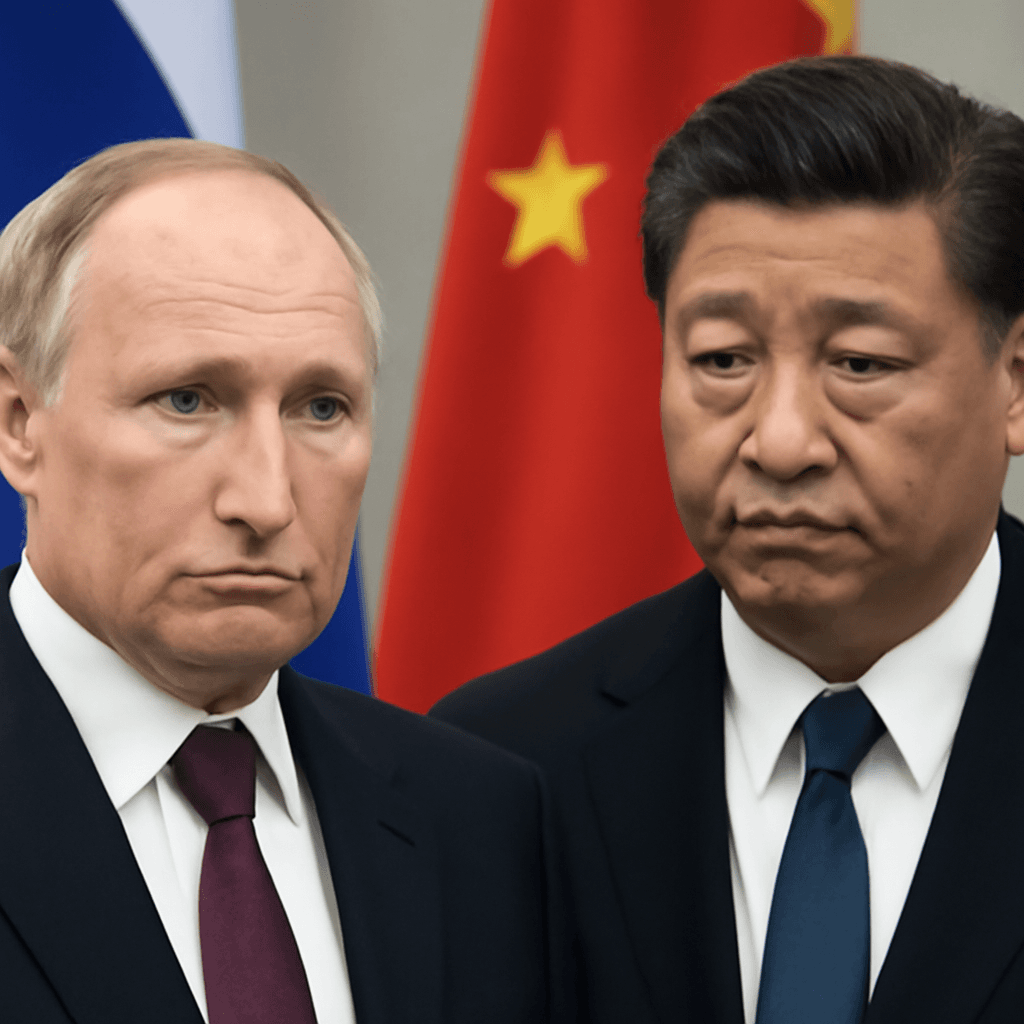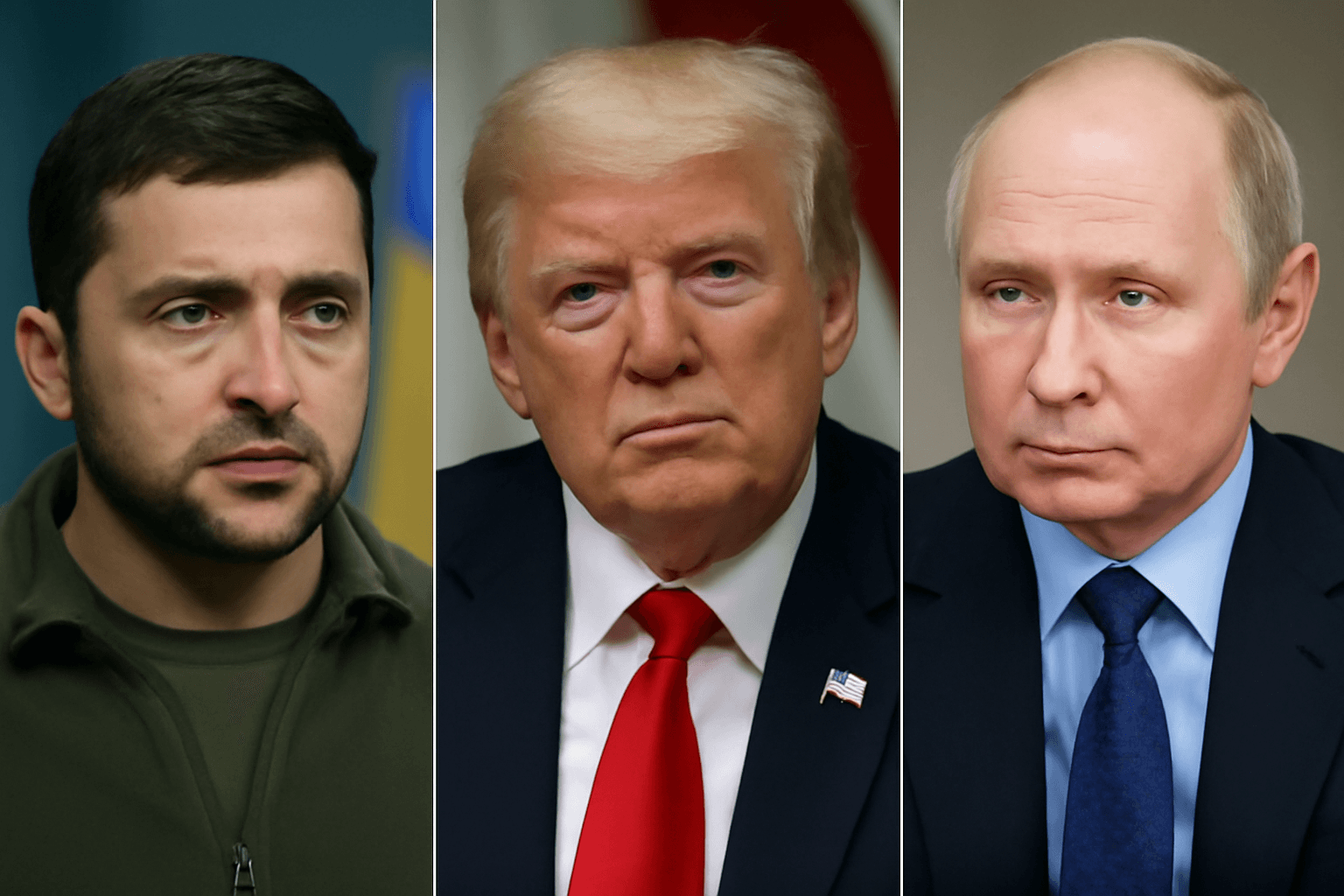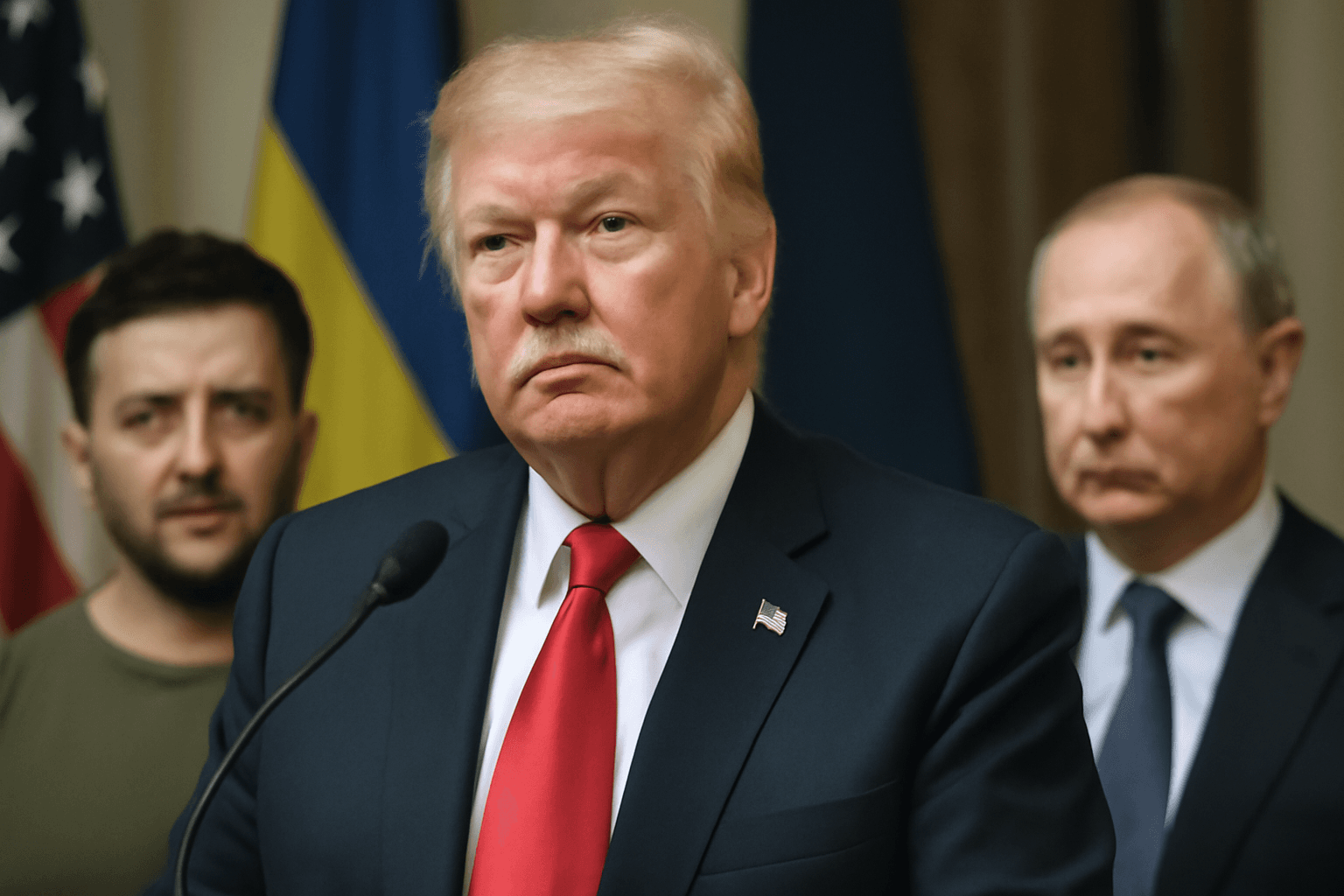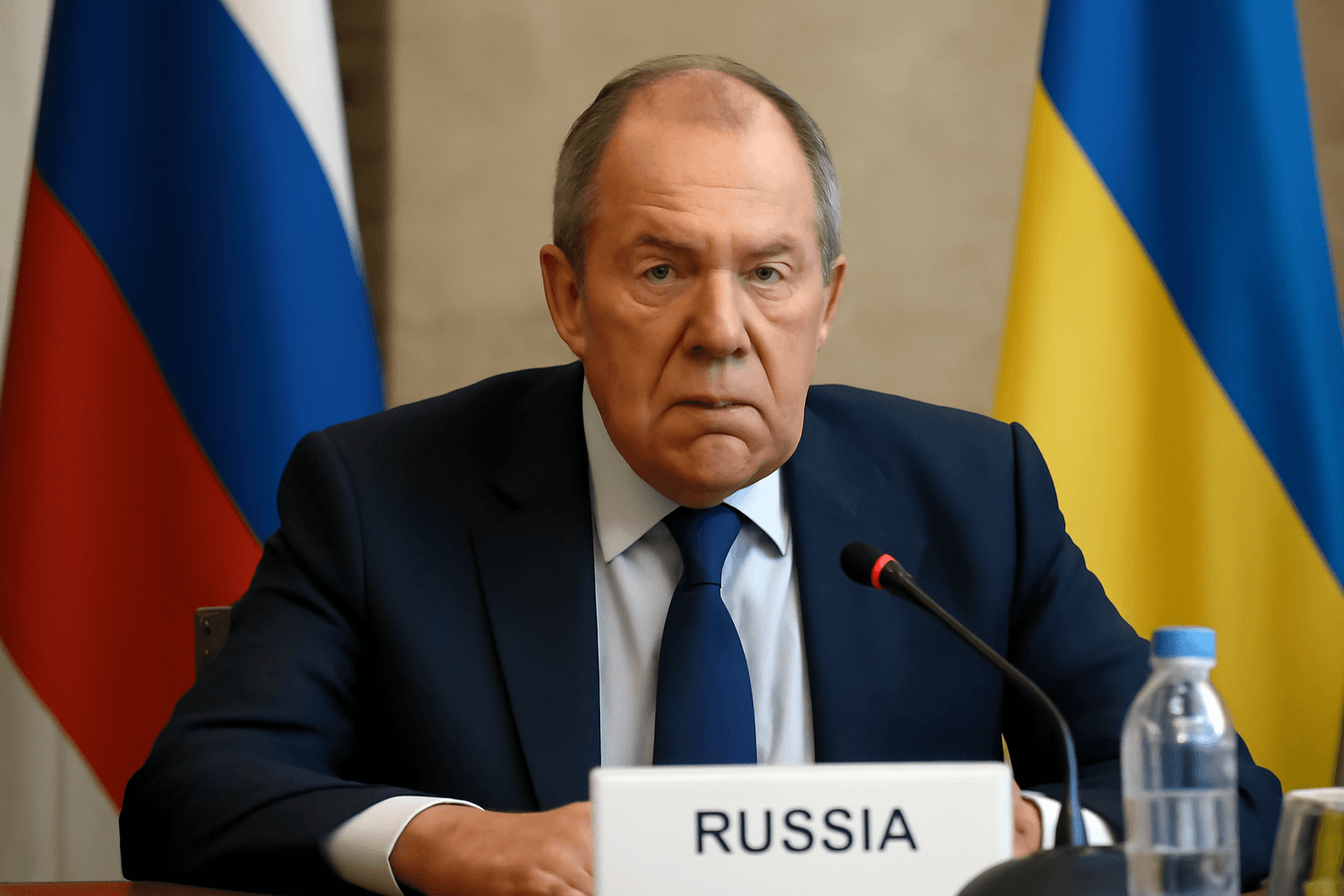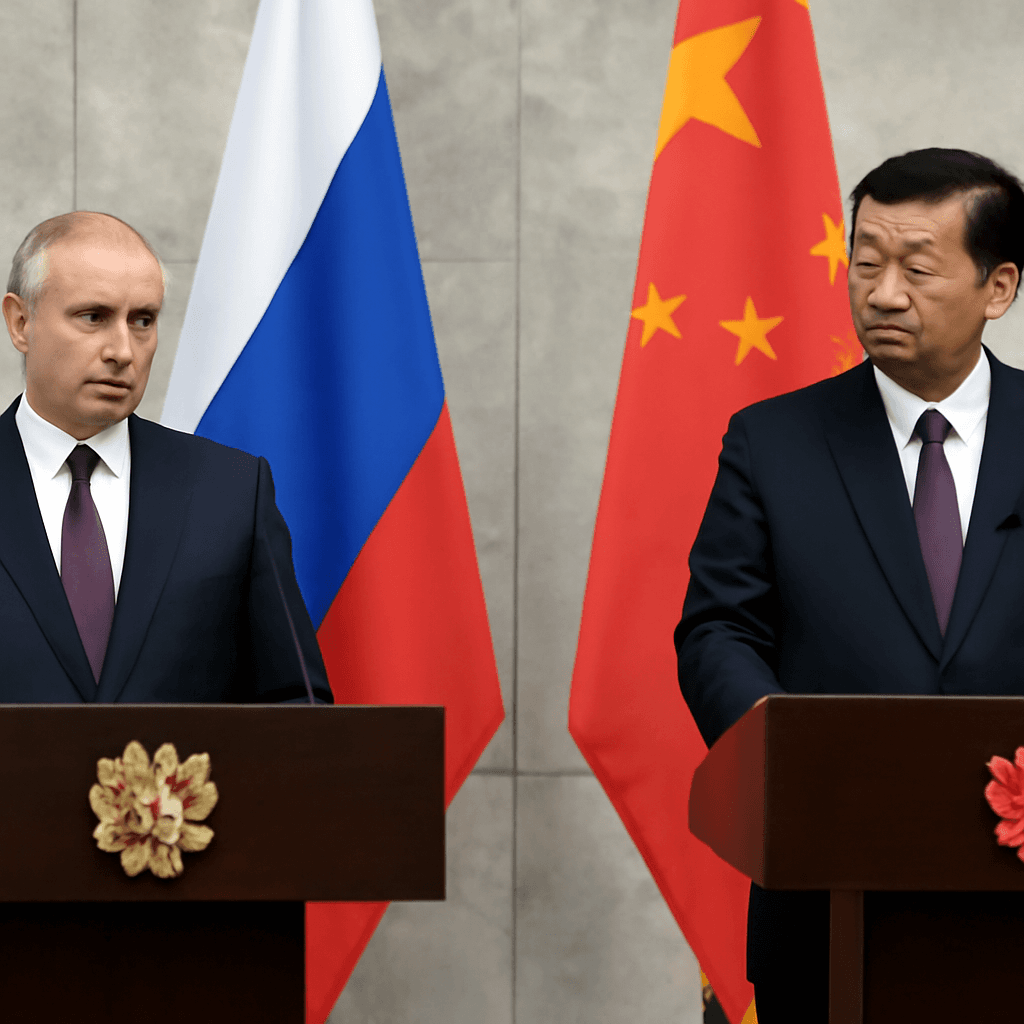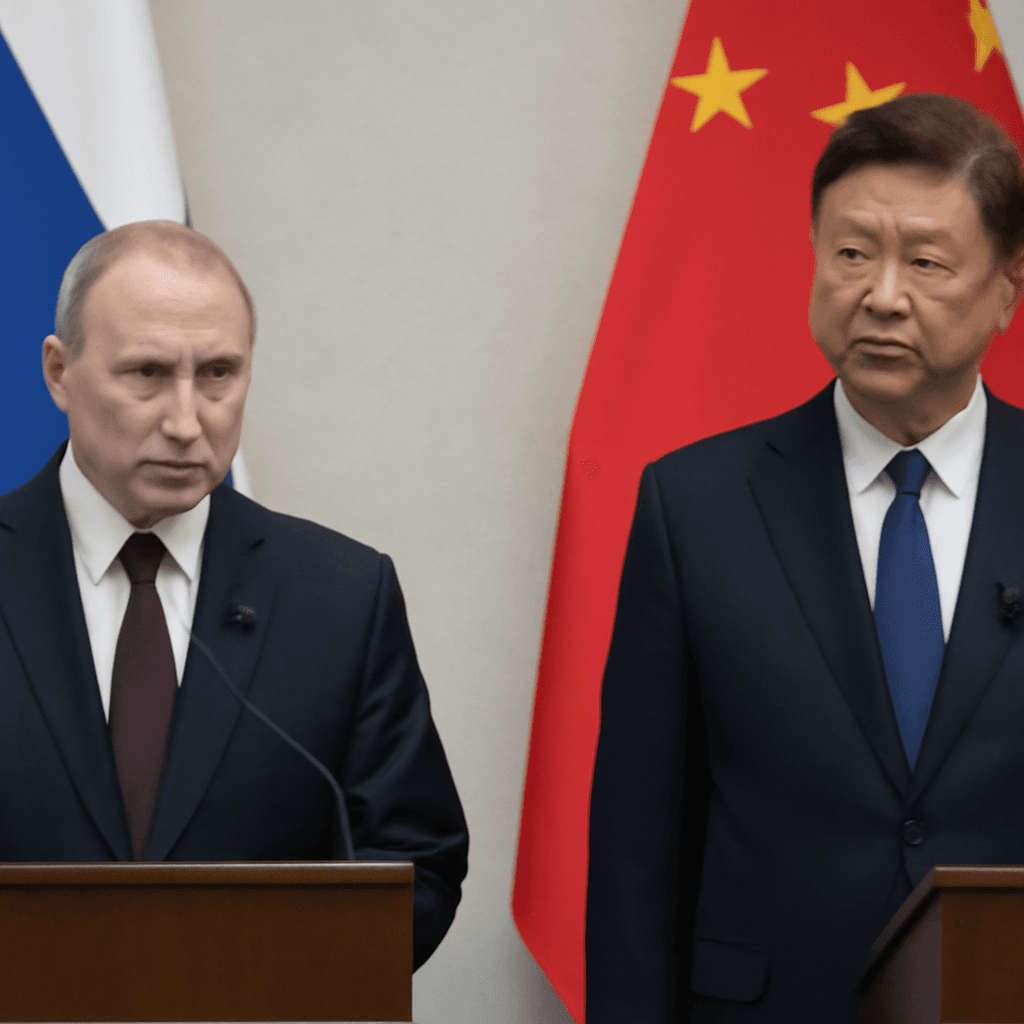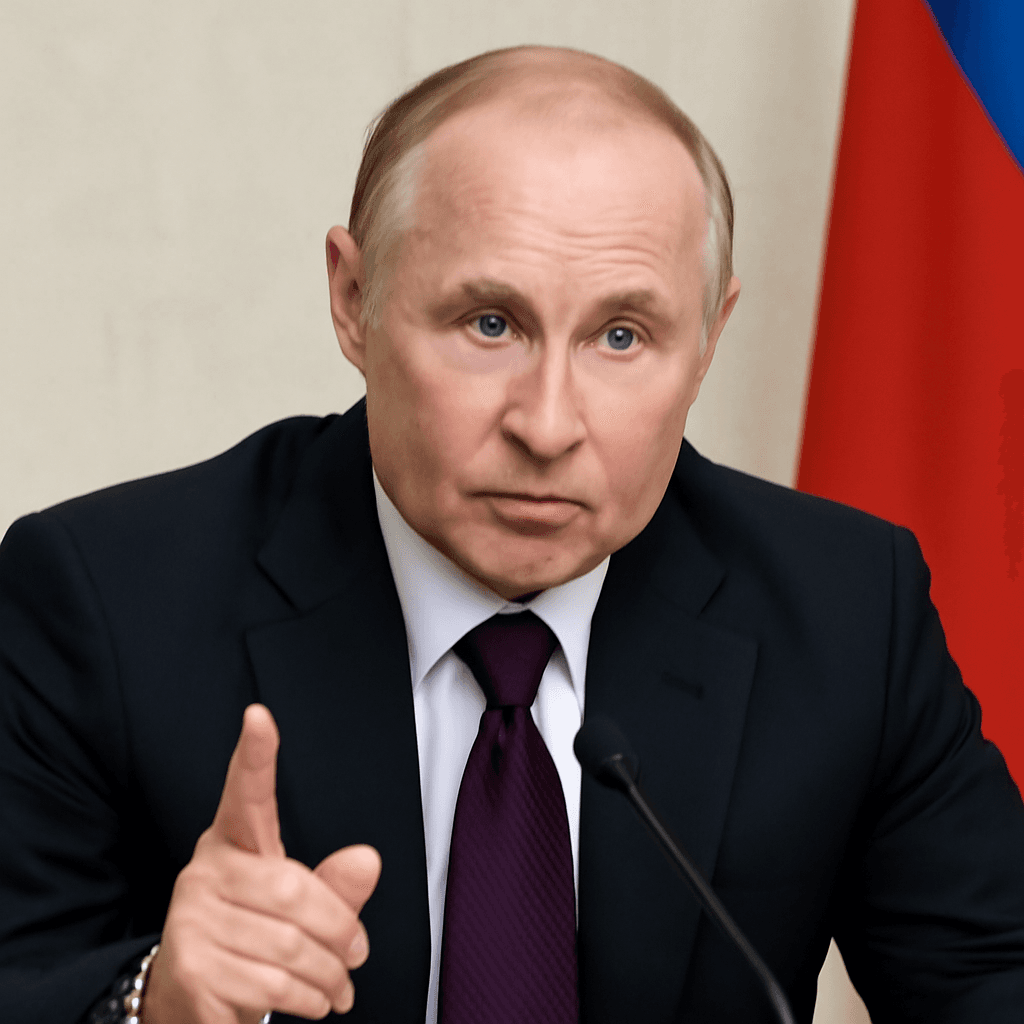Behind the Facade: Russia's Secret Distrust of China Exposed
Despite publicly projecting a united front with China, leaked intelligence documents from Russia’s Federal Security Service (FSB) expose a strikingly different reality. Internally, Russian officials regard China not as an ally but as a major espionage adversary, raising alarms about Beijing’s covert efforts to infiltrate Russian military and scientific sectors.
China Seen as 'The Enemy' Within Kremlin Circles
An eight-page confidential FSB memo, believed to be drafted between late 2023 and early 2024, reveals that China is perceived as “the enemy” by Russian intelligence operatives. The document, authenticated by multiple Western intelligence agencies after being leaked online, details an extensive Chinese campaign to spy on Russian interests, particularly around critical areas like the ongoing conflict in Ukraine and development projects in the Arctic.
Espionage Tactics Uncovered
- Targeted recruitment of financially vulnerable Russian military experts, especially those linked to obsolete Soviet-era technology projects.
- Use of personal connections, including targeting Russians with Chinese spouses, and social media platforms like WeChat for surveillance.
- Deployment of scientists and business personnel under the guise of academic and commercial collaboration to gather sensitive information.
The FSB’s internal counterintelligence program, codenamed Entente-4, was launched just days before the 2022 invasion of Ukraine to curb Chinese infiltration, though officers are strictly instructed not to publicly brand China as a threat. This reveals Russia’s delicate balancing act — managing its reliance on Chinese economic and political support while confronting covert espionage risks.
Strategic Concerns Beyond Espionage
Beyond intelligence gathering, the leaked document points to long-term strategic ambitions by Beijing, including potential territorial claims in Russia’s Far East. Chinese researchers have reportedly been promoting historical narratives tying regions such as Vladivostok to ancient Chinese civilizations, along with publishing maps depicting these areas with Chinese names.
The growing influence of China extends to Central Asia and the Arctic, where Chinese companies and educational institutions allegedly operate as fronts to monitor Russia’s Arctic endeavors and shape local policies.
Managing Espionage Without Severing Ties
While the FSB expresses deep suspicion, it also underscores the importance of maintaining the bilateral relationship. Any aggressive action against China requires top-level approval to avoid jeopardizing Moscow’s strategic partnership. The memo candidly notes, “Jeopardising the support of China would be worse.”
Moscow’s Strategic Countermeasures
Interestingly, Russian counterintelligence isn’t merely defending against Chinese spying but actively steering it. Agents have been directed to feed selective, reassuring information about Russian military operations—particularly in Ukraine—to influence Beijing’s perception and sustain its support amid ongoing conflict pressures.
Balancing Risk and Reward
Experts suggest that Russian leadership, including President Vladimir Putin, consciously embraces this risky but necessary alliance. The potential benefits of Chinese backing in the face of Western sanctions and diplomatic isolation seem to outweigh the espionage concerns lurking beneath the surface.
Conclusion
This leaked FSB document casts a revealing light on a hidden dimension of Sino-Russian relations. Far from being steadfast allies, the two powers are entangled in a complex web of cooperation, suspicion, and strategic calculation that will likely shape geopolitical dynamics for years to come.

